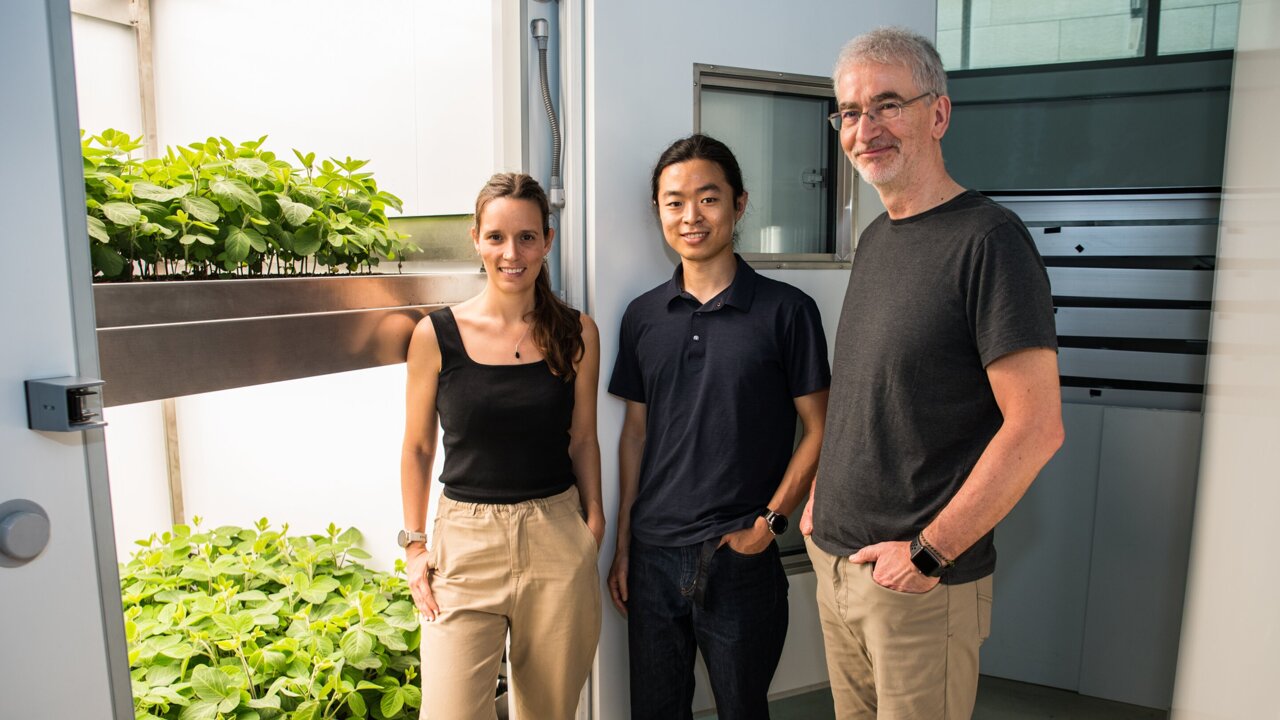Green Revolution 2.0: How Vertical Farms Are Feeding the Future Without Killing the Planet

Beyond Lettuce: The Future of Vertical Farming Unveiled
In a groundbreaking study, researchers from TUMCREATE, a cutting-edge research platform in Singapore led by the Technical University of Munich (TUM), are revolutionizing vertical farming by exploring the potential of cultivating a diverse range of crops beyond traditional leafy greens.
The innovative research team has set out to challenge the conventional limitations of vertical agriculture, demonstrating that these high-tech growing systems can do much more than produce standard lettuce crops. By investigating the cultivation of six different plant varieties, the scientists are pushing the boundaries of urban agriculture and sustainable food production.
This pioneering research promises to transform how we think about crop cultivation in urban environments, offering a glimpse into a future where vertical farms can provide a wider variety of fresh, locally grown produce. The study not only highlights the technological potential of vertical farming but also addresses critical challenges in food security and sustainable agriculture.
As cities continue to grow and agricultural land becomes increasingly scarce, these advanced vertical farming techniques could be a game-changing solution for feeding growing urban populations while minimizing environmental impact.
